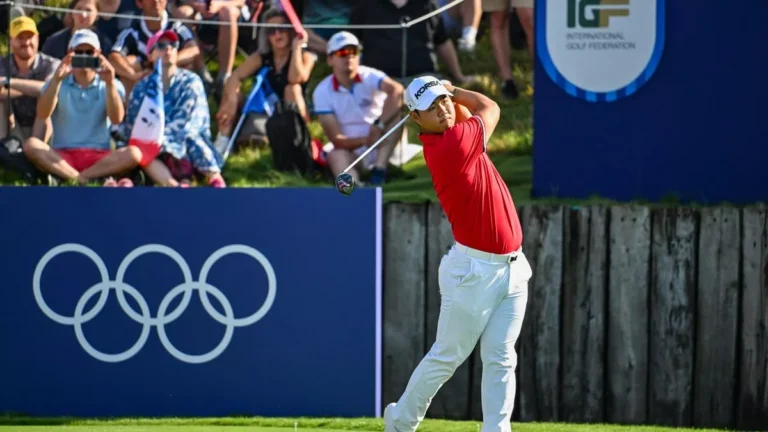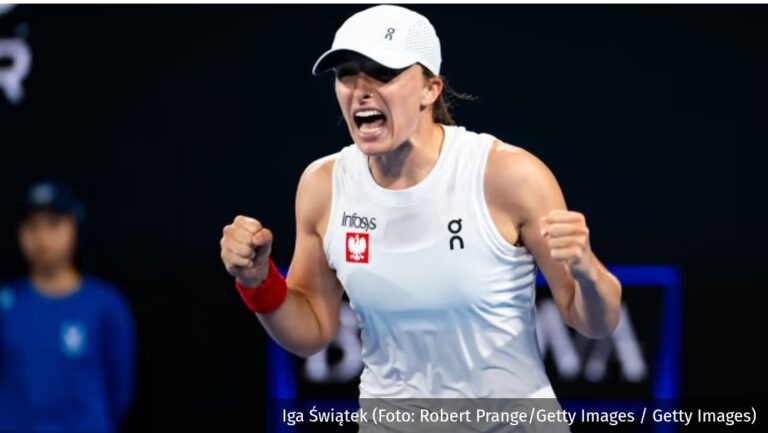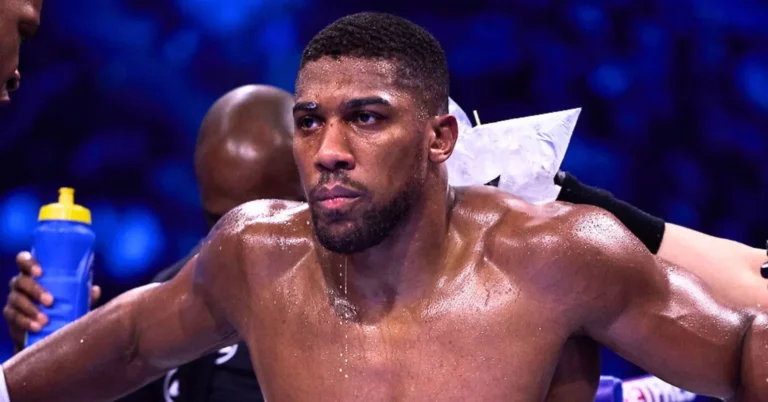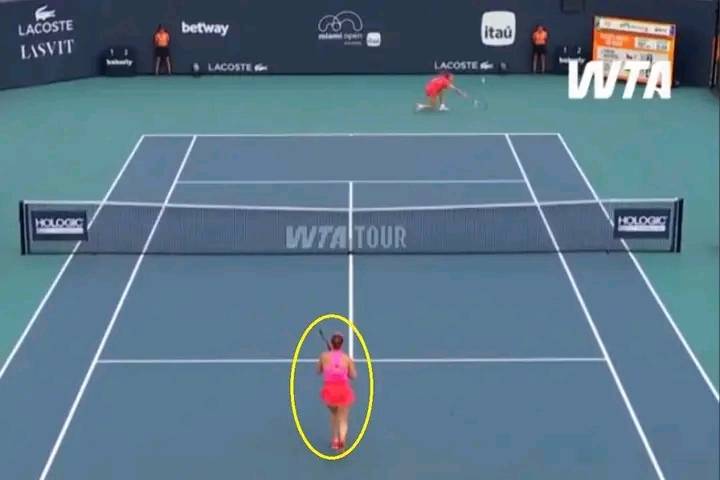Poulter and Mickelson’s Ryder Cup Reunion Fades as LIV Golf Lures Legends
In a stunning twist, Ian Poulter and Phil Mickelson, once destined for Ryder Cup captaincy showdowns, now find their dreams suspended amidst the allure of LIV Golf. The duo, synonymous with the electric atmosphere of the Ryder Cup, now embark on a new journey, leaving behind the legacy of their storied rivalry.
Poulter, a stalwart of European Ryder Cup history, bid farewell to traditional tour memberships last spring, marking a pivotal shift in his career trajectory. Renowned for his tenacity and passion in the matchplay event, Poulter’s departure signaled a seismic change in the landscape of golf’s most celebrated team competition.
His American counterpart, Mickelson, a luminary in his own right, mirrored Poulter’s move, amplifying speculation surrounding their future roles as Ryder Cup captains. Yet, amidst the transition to LIV Golf, Poulter foresees a dimming prospect of a long-awaited showdown with Mickelson at the helm of their respective teams.
As Mickelson contemplates his post-playing career on social media, fans eagerly suggest avenues ranging from commentary to exhibition matches. However, the allure of Pros vs. Schmos clashes beckons Mickelson, promising an exhilarating fusion of competition and camaraderie.
In a Twitter exchange that reverberated across the golfing world, Poulter, resigned to the reality of relinquished Ryder Cup aspirations, extends a playful invitation to join Mickelson in his newfound venture. The prospect of dueling on the course may have waned, but the camaraderie between the two legends remains steadfast.
Poulter’s candid reflections on his Ryder Cup legacy underscore the tumultuous fallout surrounding the LIV Golf paradigm shift. At 48, Poulter confronts the harsh reality of age, acknowledging the bittersweet conclusion of his European colors. The bitterness of past transgressions and the disillusionment with the organization cast a shadow over Poulter’s once fervent allegiance to the Ryder Cup cause.
Amidst the uncertainty, Poulter’s resolve remains unyielding, his commitment to change echoing a sentiment shared by many disillusioned by the status quo. The echoes of past controversies reverberate through Poulter’s words, serving as a poignant reminder of the need for evolution within the sport’s governing bodies.
As Poulter and Mickelson embark on their respective journeys beyond the confines of traditional tour structures, the specter of what could have been looms large. Yet, amidst the suspended dreams and unrealized aspirations, a new chapter unfolds—one defined by innovation, camaraderie, and the enduring spirit of competition.
In the ever-evolving landscape of professional golf, Poulter and Mickelson’s saga serves as a testament to the transformative power of change. As they chart a course into uncharted territory, their indelible imprint on the sport ensures that their legacies will endure, transcending the confines of any single competition or rivalry.






